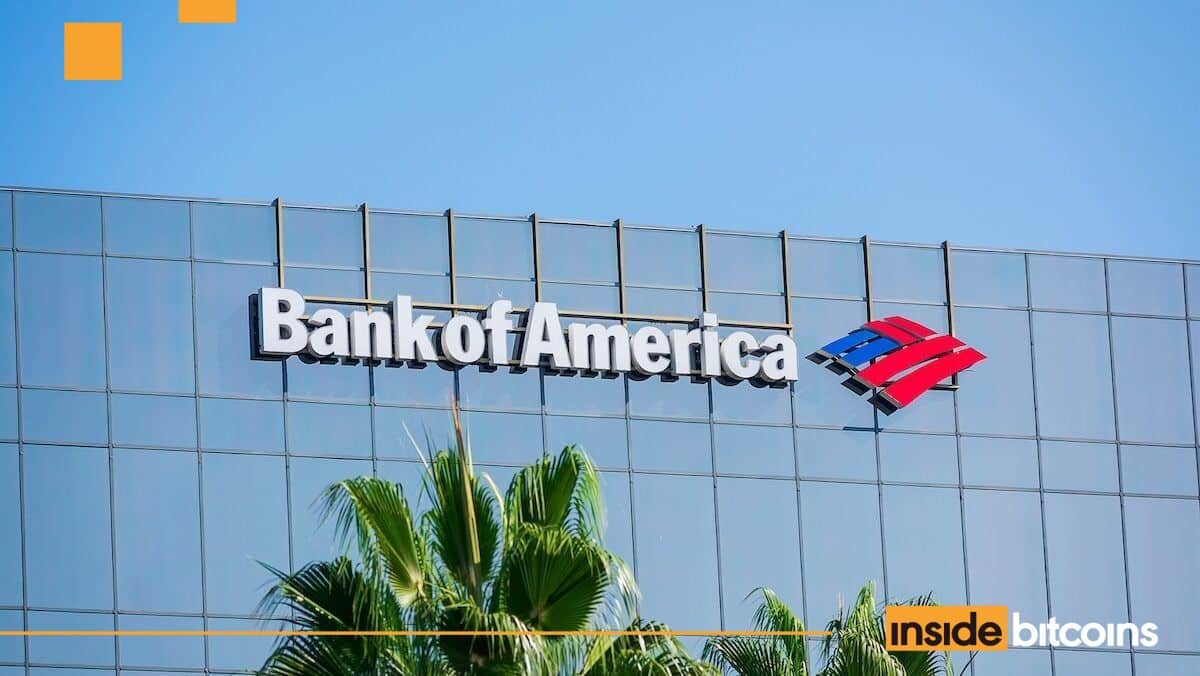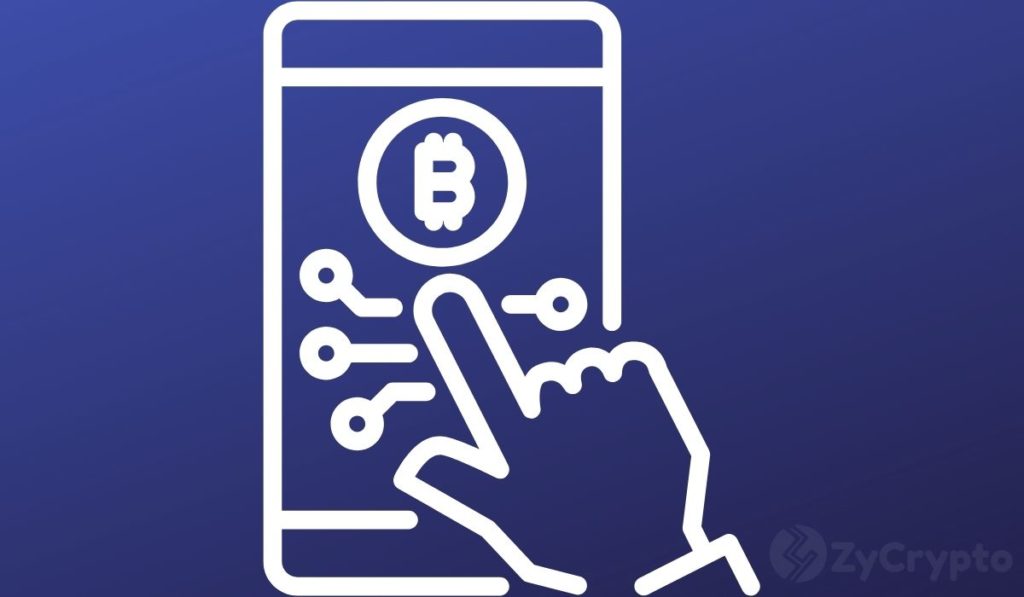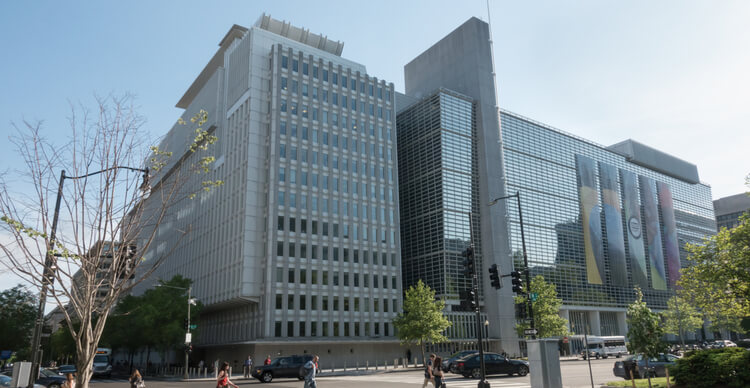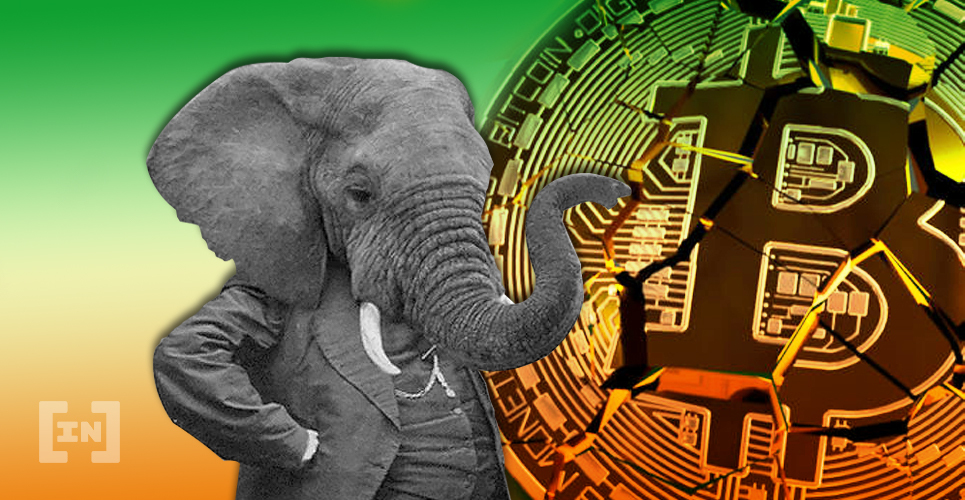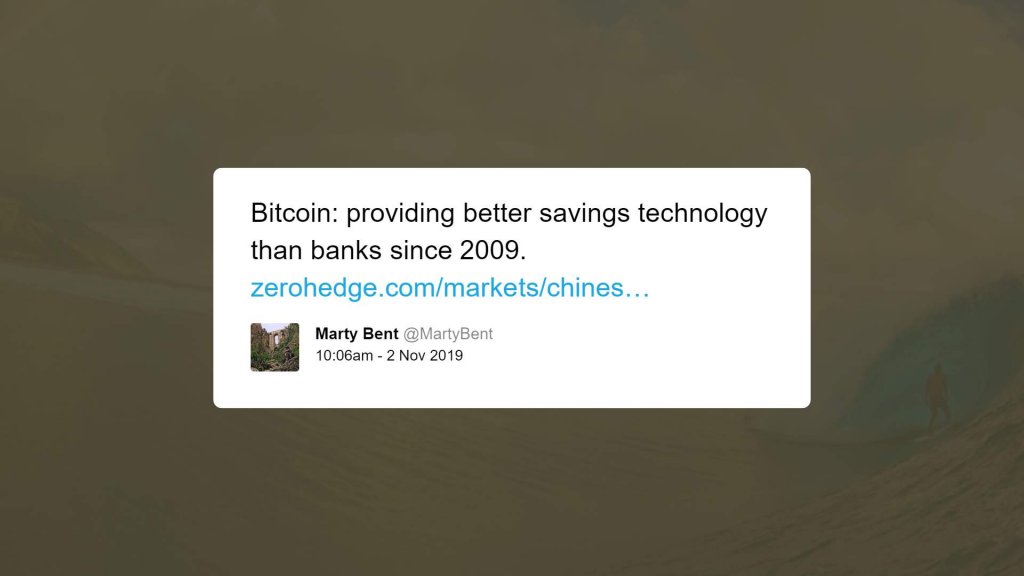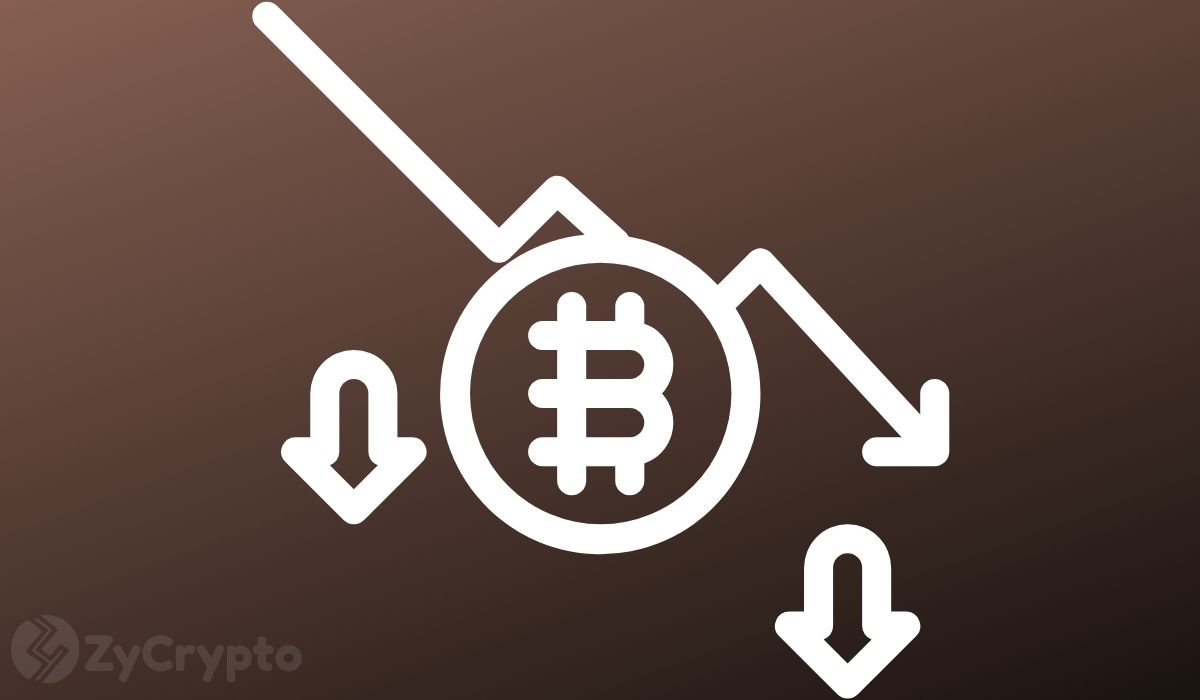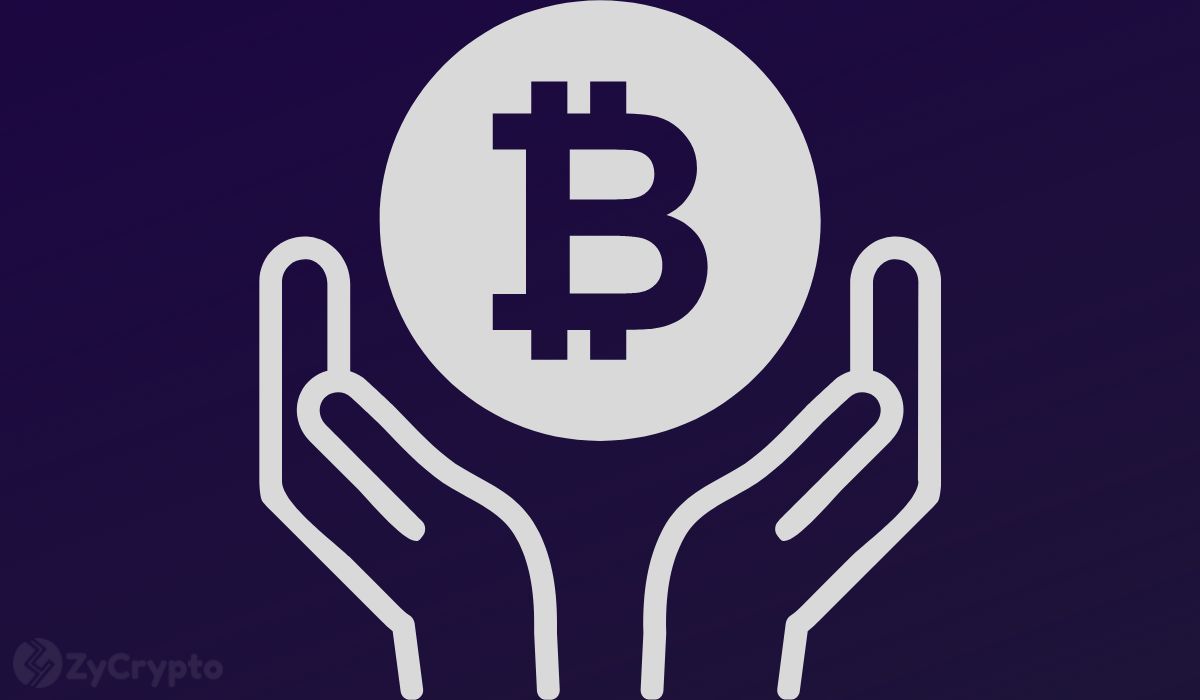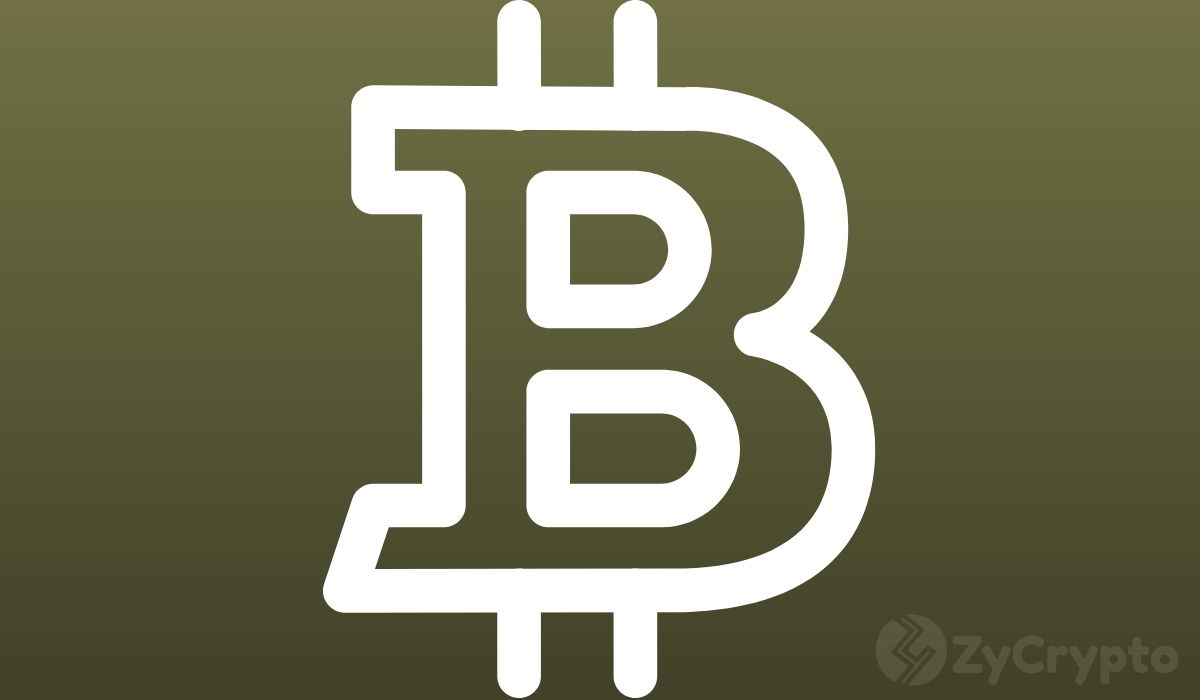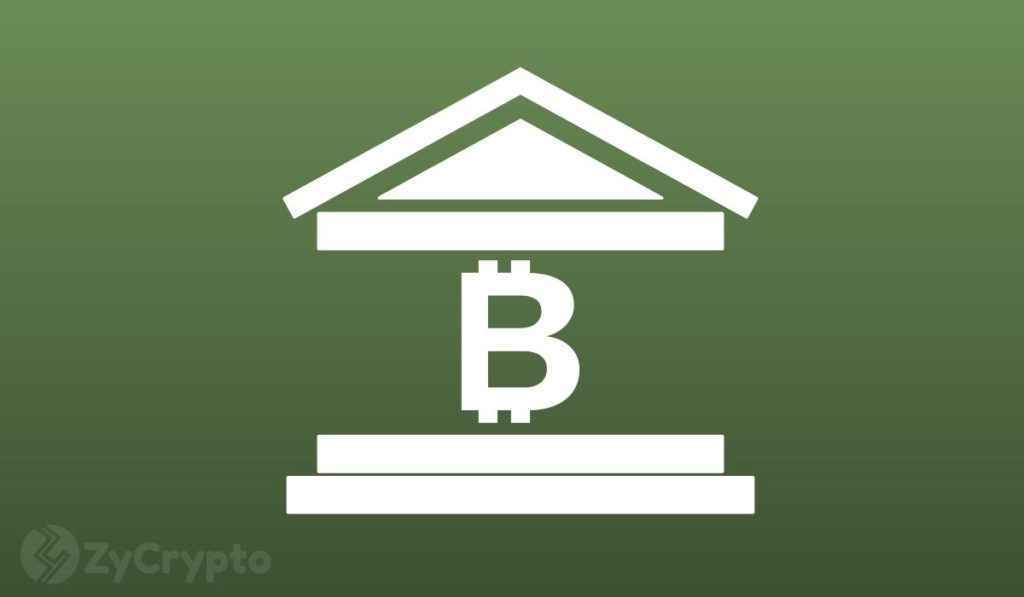
2021-9-26 16:36 |
Bitcoin’s near $1 trillion feasible market valuation and its potential for further growth have made it impossible for banks to continue ignoring its validity, according to Marion Laboure, a research analyst at Deutsche Bank.
Laboure, a senior economist and market strategist at Deutsche Bank, said that people have always sought to store their wealth in assets not controlled by governments, like gold. However, Bitcoin has the potential to become the digital version of gold.
“Gold has had this role for centuries. And yes, I could potentially see Bitcoin become the 21st-century digital gold.”
She added that many people view Bitcoin as protection against fiat inflation because it has a fixed supply at a time when central banks are exponentially increasing the supply of traditional currencies. At a maximum supply of 21 million, about 89 percent of Bitcoin is already in circulation.
Crypto’s significant role in the future of paymentsLaboure who is also a finance and economics professor at Harvard University believes that cryptocurrencies will help shape the future of payments. Currently, Bitcoin’s limitation as a means of payment mainly comes from the few merchant outlets that support it, its slow settlement time, and high transaction fees.
However, these factors will change with increased adoption and technology improvement to allow cheaper and faster transactions.
”But it is important to keep in mind that Bitcoin is risky: it is too volatile to be a reliable store of value today. And I expect to remain ultra-volatile in the foreseeable future.”
Three primary reasons cause Bitcoin’s volatility, Laboure points out. The first reason is that Bitcoin is used for investments and speculation. Secondly, despite increased adoption, Bitcoin still has limited tradability, which leads to volatility when a few large purchases or dumps occur in the market. Lastly, Bitcoin’s value is dependent on what people think it is worth, making it susceptible to a change in investor sentiments.
Laboure also compared Bitcoin to Ethereum:
“If Bitcoin is sometimes called “digital gold,” Ethereum would then be “digital silver.”
Crypto’s Biggest Issue Is Lack of RegulationThe subject of regulation has become a hot topic in the cryptocurrency industry. Laboure said that while lax regulation worked for early adopters, it has become a limitation for potential investments from businesses and institutional investors.
Cryptocurrencies also consume enormous and unsustainable amounts of energy to process transactions.
Both issues can be solved by adopting greener crypto technology and introducing stronger regulatory frameworks as early as 2021.
Laboure concluded that contrary to popular opinion, cryptocurrencies, central digital currencies, and cash will coexist in the future.
“CBDC, cash, and cryptos will coexist. Cash will certainly not disappear, but we expect it to decline as a means of payment.”
origin »Bitcoin price in Telegram @btc_price_every_hour
Time New Bank (TNB) íà Currencies.ru
|
|


